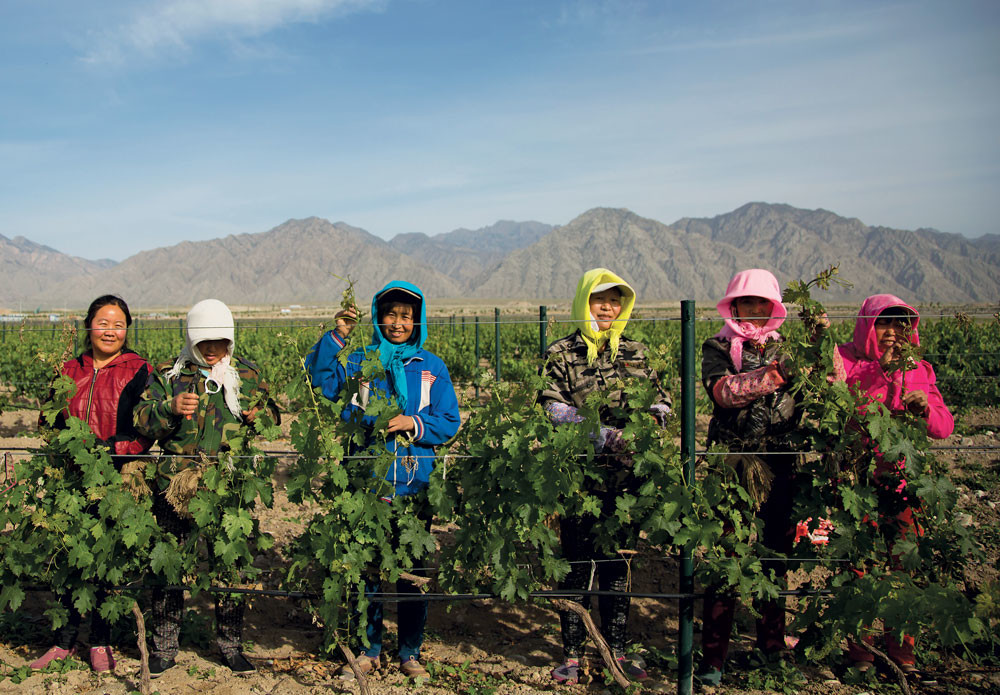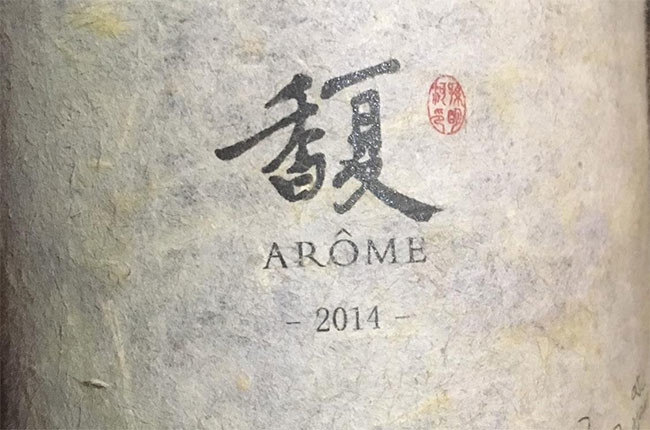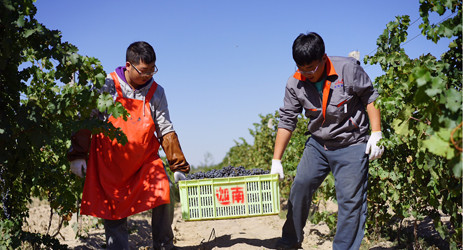The Forestry Bureau of Ningxia has destroyed more than half a million young vines, which it said were carrying a virus that could harm the Chinese region’s fledgling wine industry.

Around 508,000 young vines were burned so as to ‘prevent further transmission of the virus, and secure the eco safety of the region’, according to China’s National Forestry Administration.
The local forestry bureau recently conducted a sampling examination of young grapevines in the Helan Mountain East region of Ningxia. The bureau found that out of 468 samples from 9 companies tested, 15 grafted vines of Cabernet Sauvignon from two companies were carrying grapevine leafroll-associated virus 3 (GLRaV-3), said China’s National Forestry Administration.
As the samples from the two companies showed a 66.7% carrying rate of the virus, the bureau decided to destroy all of the young vines in the companies’ nurseries.
The Helan Mountain East region is widely acknowledged as one of the top wine regions in China. In March 2013, the Ningxia government announced the implementation of ‘Ningxia Helan Mountain East Wine Region Conservation Regulations’, which is also the country’s first local regulations designated for a wine region.
‘GLRaV-3 is a vicious virus which spreads quickly. It can reduce the quality of the grape produced, and cause production to reduce by 20%-50%,’ said the Forestry Bureau of Ningxia.
The decision to destroy so many vines was necessary, according to local officials.
‘We can’t afford to repeat the catastrophic damage caused by the Phylloxera in Europe at the end of 19th century,’ Dr Wang Zhenping, grapevine plantings specialist working with the Ningxia government, was quoted as telling the Ningxia Daily newspaper.
‘In the last decade, Ningxia didn’t pay sufficient attention to the quality of grapevines introduced into the region,’ Li Demei, wine industry consultant of Ningxia government, told DecanterChina.com. ‘As a result, many vines introduced in the 1990s were carriers of viral disease.’
The local government is now taking the issue more seriously, he said. New regulations ‘stipulate that newly introduced vines must go through a quarantine inspection, and any plants carrying virus and disease will be destroyed’, Li Demei said.
‘The strict control of introduced vines is a must to raise the quality of wines produced in the region.’
All rights reserved by Future plc. No part of this publication may be reproduced, distributed or transmitted in any form or by any means without the prior written permission of Decanter.
Only Official Media Partners (see About us) of DecanterChina.com may republish part of the content from the site without prior permission under strict Terms & Conditions. Contact china@decanter.com to learn about how to become an Official Media Partner of DecanterChina.com.











Comments
Submit